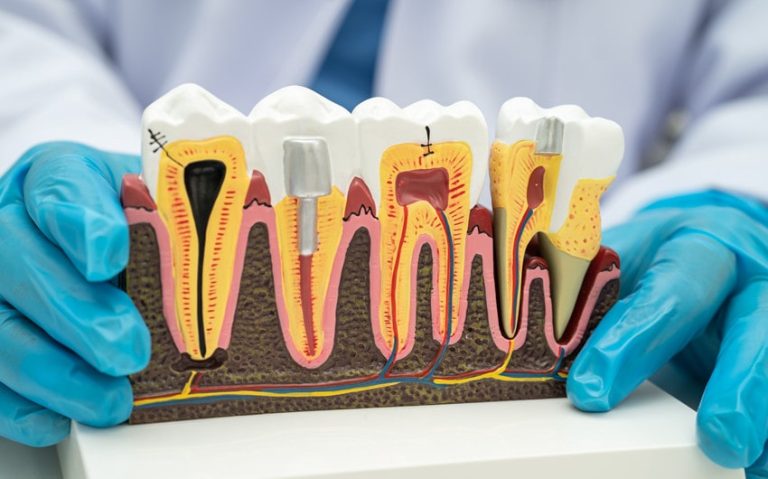12 Essential Steps to Build a Support System for Sobriety
Staying sober is difficult without people to lean on. Recovery is not meant to be a solo journey. A strong support system can keep you grounded and focused, helping you stay committed to your alcohol use disorder treatment.
1. Join a Support Group
Groups like Alcoholics Anonymous or SMART Recovery connect you with people who understand your struggles. Sharing experiences and listening to others can bring comfort and motivation during difficult moments.
2. Find a Sponsor
A sponsor is someone who has experience staying sober and can offer practical advice. They are someone to talk to when you are struggling and can help you stay focused on your recovery path.
3. Talk to Family
Open communication with family members can strengthen your foundation. Let them know about your goals and ask for their encouragement. Their emotional support can make a big difference.
4. Choose Sober Friends
Spending time with people who support your sobriety makes it easier to avoid temptation. Positive friendships can lead to enjoyable experiences that do not involve drinking.
5. Work with a Counselor
A trained therapist can help you explore the emotional and psychological roots of addiction. Counseling can equip you with tools to cope, rebuild, and stay focused on your recovery.
6. Attend Sober Events
Look for local activities that do not involve alcohol, such as art classes, book clubs, or nature walks. These events allow you to stay socially active in a healthy and safe way.
7. Join Online Communities
Online forums and recovery groups can provide round-the-clock support. These platforms allow you to connect with others from anywhere, offering a sense of belonging and encouragement.
8. Be Open and Honest
Share your thoughts and feelings with those who support you. Honesty builds trust and helps others understand what you need. This level of openness strengthens your relationships over time.
9. Set Clear Boundaries
If someone in your life encourages drinking or disrespects your choices, it is okay to step back. Protecting your well-being is essential and directly supports your continued progress in alcohol use disorder treatment.
10. Ask for Help
Do not wait until things feel out of control. When cravings or stress hit, reach out to someone you trust. Even a short conversation can ease the pressure and remind you of your goals.
11. Help Others
When you feel steady in your recovery, offer support to someone else. Encouraging others reinforces your own commitment and creates a sense of purpose.
12. Stay in Touch
Regular check-ins with your support circle help you stay accountable. Whether through group meetings, texts, or phone calls, staying connected keeps your recovery active and strong.
A support system is your safety net. It will not remove every challenge, but it will catch you when you feel unsteady. You do not have to face recovery alone. Alcohol use disorder treatment is most successful when supported by people who understand, encourage, and stand beside you.
Reach out to just one person today. Every connection strengthens your journey. With consistent support, alcohol use disorder treatment becomes a pathway to lasting change and a healthier, more hopeful life.







